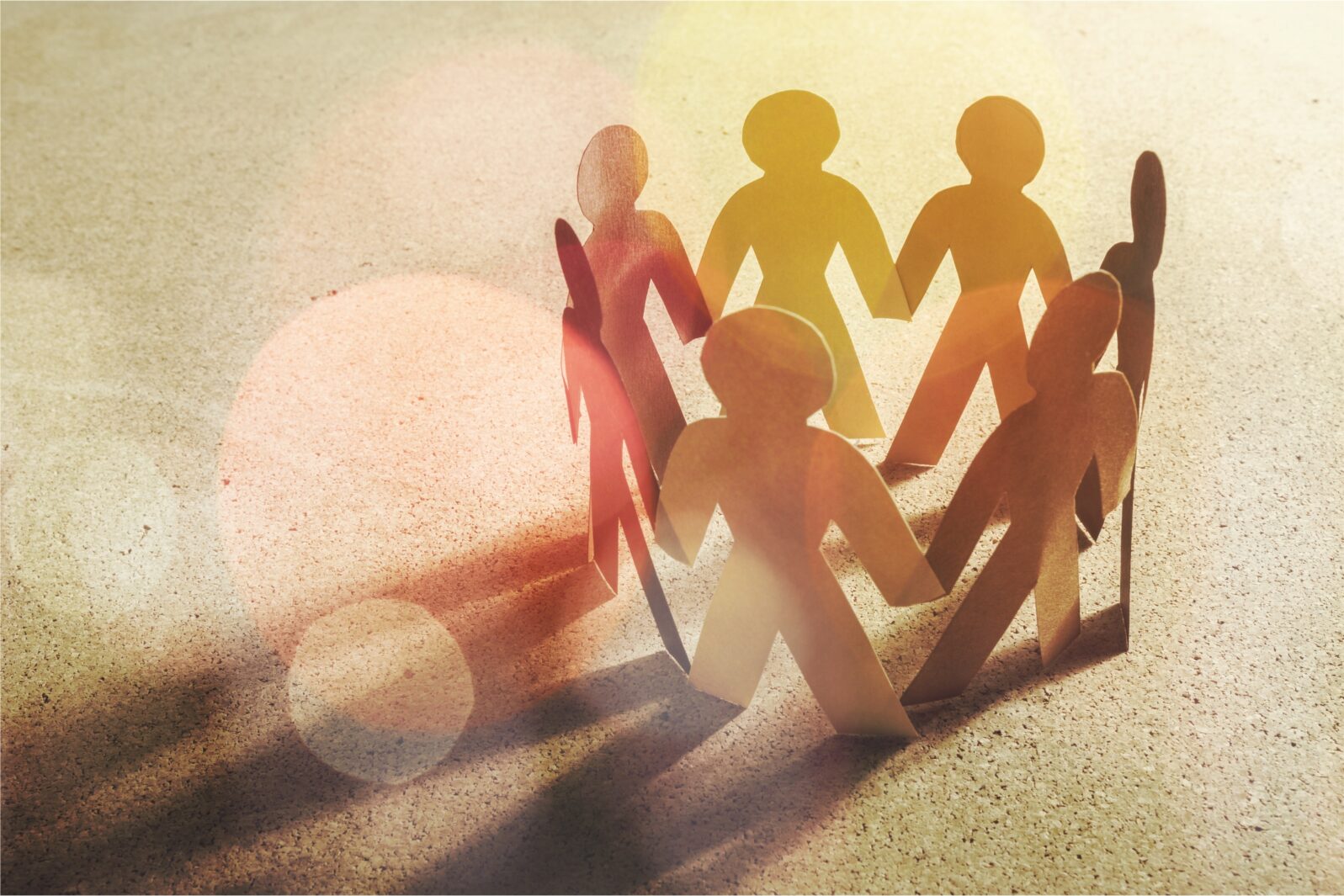You Can Be Social and Still Be Very Lonely
Machines can't meet our need to be known and understood.In recent years, much attention has been paid to the rising rates of loneliness in our culture. We hear about the declining marriage and birthrates, the loss of extended family relations, and the shocking data revealing how today’s average person rarely has more than five actual friends.
You may have felt the weight of loneliness yourself in recent years, particularly given the COVID-19 pandemic and the isolation the lockdown mandates created. It became quickly apparent that human contact is not an added luxury but a human necessity. Perhaps even the most intense introverts among us (of which I’m included) can relate. We were designed for community.
However, although common sense might indicate that the cure for loneliness is more human interaction, the data points in another direction. Spending more time in social settings and interacting with other people doesn’t necessarily mean the loneliness levels will drop a few notches. In fact, the opposite might even be true. People often feel loneliness precisely when they’re around other people. I can’t count the times I’ve walked into a social setting filled with people I “know” only to leave an hour later feeling more isolated than I had before. College students experience this acutely once they first arrive on campuses their freshman year. Their entire nexus of familiarity, the spaces in which they knew and were known, has been exchanged for a whole new environment. They have to “start over.” Such places are teeming with social activity, but loneliness goes deeper than merely a lack of social engagement. Social psychologist Alexander Danvers writes in Psychology Today,
It’s sort of counter-intuitive to think that someone who spends 75% of their time alone is no more likely to feel lonely than someone who spends 75% of their time around other people. But a larger message that comes from this analysis is that loneliness is really about perceptions. Lonely people want a kind of connection that they aren’t getting, not just to be “around people” more.
-Alexander Danvers, Loneliness Beyond Friendship: What Brain and Biology Tell Us | Psychology Today
Danvers’ research shows that loneliness is not necessarily the lack of being around other people, but rather the lack of deep and meaningful connections. However, he notes that it goes even deeper than that. People want more than a few deep friendships. They also want to be part of a community, one that “has their back.” Danvers continues,
Being part of a community means you have a group of people who can become your close friends or romantic partners. Dating apps aside (and there are no friendship apps!), it’s easiest to start deeper relationships with people who already know you — or know people you know.
It probably goes without saying that this kind of community is quickly receding from our cultural shores. The average American may have a handful of friends, encountering them at the gym, bar, or grocery store, but the traditional forms of community, like the extended family and religious organizations, are eroding. Writer Lisa Cooper reiterates Danvers’ point beautifully,
Within the context of history, many individuals would find their place in their family, their communities, their churches, and other social groupings. To that end, social success was achieved by living within the bounds of society at large, being shaped by it, and growing closer to others within those contexts. Today, there is an ever-increasing focus on the self. Being one’s most authentic self is of prime importance, and in that endeavor the need and desire for affirmation from others becomes the most important thing in perceived social success.
-Lisa Cooper, The Loneliness Crisis in America and How the Church Can Help – Christian Research Institute (equip.org)
With the acceleration of new technologies like the smartphone coinciding with shifting cultural understandings of the self, we’re a lonely, isolated generation. In addition, AI chatbots are being regarded by some as the solution to loneliness. If I have a little digital pal to talk to all day long, surely I’ll be all right? It’s a sad thought. But no — ChatGPT might be able to do my homework but it can’t understand me or speak to my deepest fears and longings. The day it convinces that me it does might spell doom. But to mitigate loneliness, we must be known and seen by others, and see them in return.
While Danvers speaks of our need for community more in terms of psychological and social utility, Cooper and other likeminded writers are tapping into a vital truth: We aren’t just animals or machines, but persons with hearts and minds. There’s a spiritual component to our need for community. Technology speaks to efficiency and convenience but ultimately can’t know you like a person could. The intimacy, friendship, and community we all long remains a perennial human need, and one we should collectively strive to meet.
